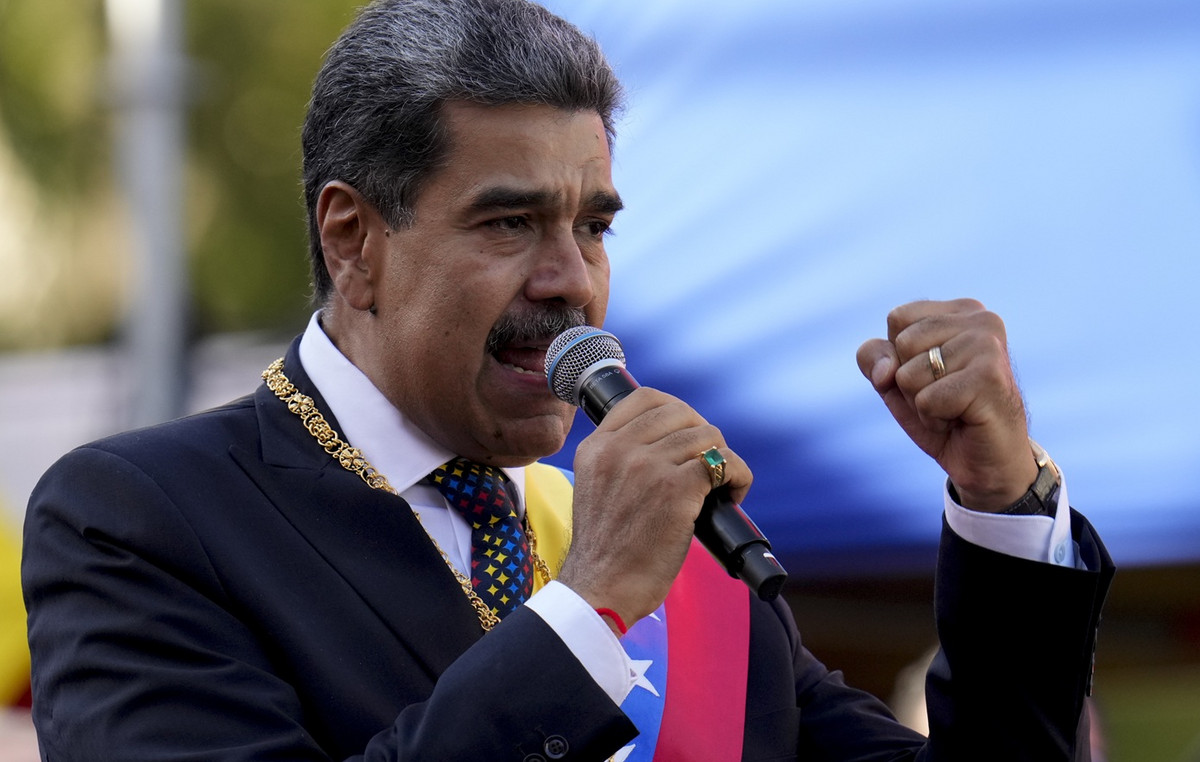Investment funds posted a net outflow of R$19.6 billion in November, according to data from the Brazilian Association of Financial and Capital Market Entities (Anbima).
It is the third consecutive month in which the industry has more redemptions than contributions, with a result driven this time mainly by fixed income and multimarket funds.
In the year, the fund industry balance remains negative, at R$ 25.7 billion.
Fixed income funds completed three months with net withdrawals, and in November this amount reached R$ 16 billion.
In this class, the two most representative types in terms of equity were also the ones that most influenced this difference: investment grade free duration and investment grade low duration closed the month with net outflows of R$ 8.9 billion and R$ 6.8 billion, respectively.
Both types invest more than 80% in public securities or low-risk assets, with the difference that investment grade free duration has no commitment to the maturity of the securities, while investment grade low duration invests in short-term securities. .
“One of the factors that explains this movement is that these two types of funds invest most of their portfolios in public securities. For this reason, its performance is sensitive to economic policy signals, which may result in volatility if noise occurs”, says Pedro Rudge, vice-president of Anbima and president of the Association’s Mutual Funds Management Forum. “But it is worth mentioning that, in the year, the fixed income class accumulates the highest net inflow in the industry, of R$ 74.5 billion”, he adds.
Multimarkets and stocks remain in the negative
In November, multimarket funds also recorded a negative balance of around R$ 4.2 billion.
The two types with the highest net worth — free multimercado (with no commitment to concentrate on any strategy) and investment abroad (investing more than 40% in international assets) — had net redemptions of BRL 5.1 billion and BRL 2. 8 billion respectively.
In the accumulated result for the year, multimarket funds add up to R$ 83.7 billion in net outflow.
“The greater aversion to risk and the uncertainties of the domestic and foreign economic situation contributed to reduce investor interest in multimarket funds. The result is this process of reallocation of resources that has been taking place in recent months”, evaluates Rudge.
The movement of resources to the stock class remained unfavorable for the fifth consecutive month, with negative net inflows of R$ 4.2 billion.
The free stock type, with the highest equity among the subcategories (R$ 210.6 billion), continues to be the main reason for the exit from the class, registering net withdrawals of R$ 2.7 billion in the period. In the year, equity funds totaled net redemptions of R$66.1 billion.
FIDCs, FIPs and Fiagro have positive funding
The Credit Rights Investment Funds (FIDCs) and Equity Investment Funds (FIPs) classes had positive net inflows in November: R$ 11.4 billion and R$ 1.5 billion, in that order.
“Another highlight among the structured funds are the Fiagros (Investment Funds in Agroindustrial Chains), which, despite still being a novelty, have conquered a lot of space in the market”, says Sergio Cutolo, vice-president of Anbima.
Since their launch, the Fiagros have accumulated R$7.9 billion in shareholders’ equity, of which R$6.4 billion are from Fiagro-FII, according to October 2022 data released by the association.
Returns
Considering the returns of the most representative types of funds in equity, the highlight was the low investment grade duration, of the fixed income class, with an appreciation of 1.05% in November, reaching 12.44% in 12 months.
In multimarkets, the profitability of the type of investment abroad fell 1.26%, but still remains with a positive performance of 10.33% in the last 12 months.
For the stock class, the return on investment abroad was negative 4.64%, accumulating a drop of 12.32% in twelve months.
Source: CNN Brasil
A journalist with over 7 years of experience in the news industry, currently working at World Stock Market as an author for the Entertainment section and also contributing to the Economics or finance section on a part-time basis. Has a passion for Entertainment and fashion topics, and has put in a lot of research and effort to provide accurate information to readers.







